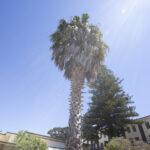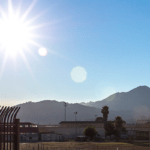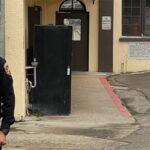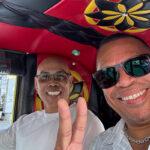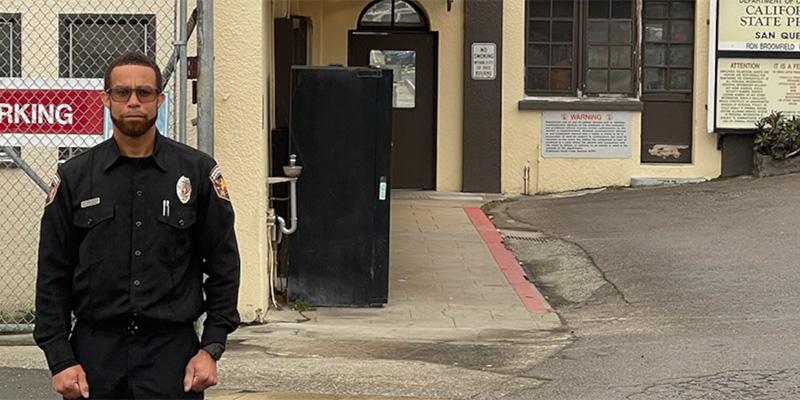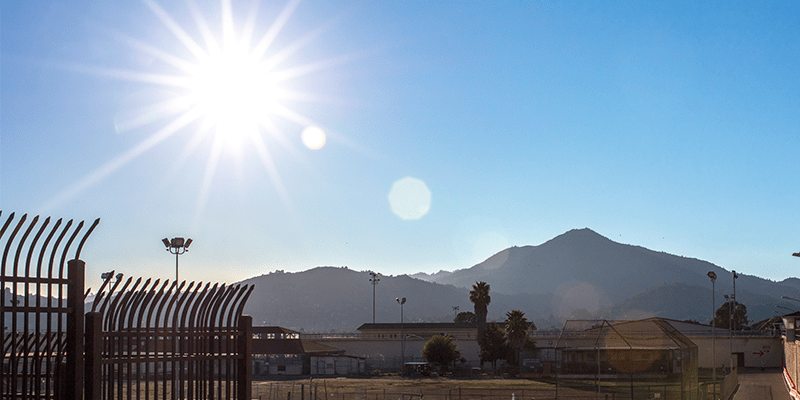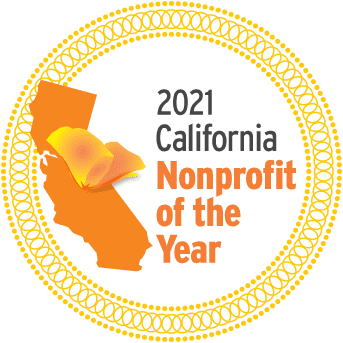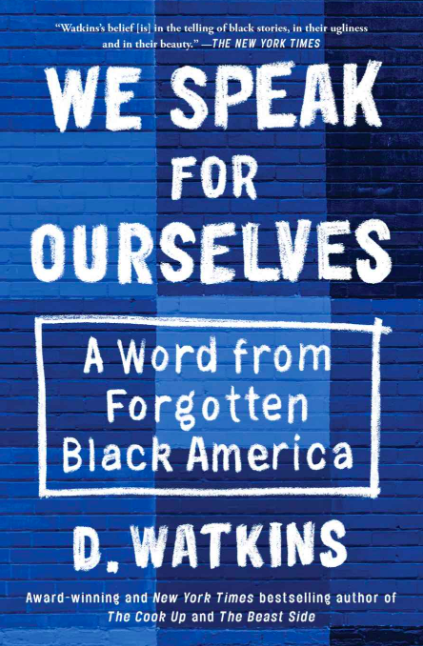 “I’m just a regular guy, a voice in the middle of a sea of voices that don’t seem to matter to most—which is why we may forever be misrepresented unless we speak for ourselves.” —D. Watkins
“I’m just a regular guy, a voice in the middle of a sea of voices that don’t seem to matter to most—which is why we may forever be misrepresented unless we speak for ourselves.” —D. Watkins
On July 26, the Prison University Project hosted two book club discussion groups, each with ten students and ten guests. Students selected We Speak for Ourselves: A Word from Forgotten Black America by New York Times bestselling author D. Watkins, a nonfiction commentary on representation, activism, and black intellectual thought in modern-day America. Our goal with this event was to facilitate connections between students in the College Program and the outside community, and to create space for conversations about how the reading intersects with our daily lives and experiences.
Students and outside guests alike debated the effectiveness of D. Watkins’ arguments; there was a range of opinions, which produced a lively discussion. Some participants identified with his experience and articulation of “life on the streets,” while others questioned his authenticity and recognized his ambivalence about his own privilege. A common theme that emerged was that of the tension between individual agency and structural factors that limit social change. Accordingly, many participants acknowledged that though D. Watkins’ provided some useful strategies for advancing social justice, his book generally lacked a systemic analysis.
Our questions for discussion are included below along with bios of our book club facilitators:
- Who is the intended audience? Does this remain constant throughout the book or does it change?
- What was most surprising, intriguing, or hard to understand aspect of the book? Have you gained a new perspective—or did the book affirm your prior views?
- What about the book most resonated with you? What (if anything) didn’t sit well with you?
- What connects the book’s four parts? Is there a throughline? Did any part stand out or seem different?
- Where do you see tension or ambivalence in this book? Why do you think that comes up?
- Have you ever felt like someone was speaking on your behalf in a way that missed your concerns? How does this dynamic play out in other communities?
- Is D. Watkins’ critique of black elitism compelling? Why or why not?
- What is D. Watkins’ argument for rejecting patriotism? How does he reconcile that with his Baltimore pride?
- What do we make of his discussion of violence?
- What is D. Watkins’ view on the importance of reading? How does that relate to your life?
- What is D. Watkins’ definition of social change? What are the benefits and drawbacks of that approach?
- How does this book propose that one stays connected to the community one is brought up in? Does this reflect your own life experience?
- How does the culture and life experiences D. Watkins discuss differ from yours? How are they similar to yours?
- What kind of language does D. Watkins use? Is it objective and dispassionate? Or passionate and earnest? Is it polemical, sarcastic? Does the language help or undercut the author’s premise?
- What questions do you still have?
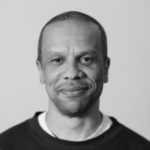
James King
James moved to Oceanside, CA from Ferguson, MO in 1992. He has an Associate’s Degree in Christian Ministry and is currently pursuing an Associate’s Degree in Liberal Arts through the Prison University Project. He also serves as a program clerk, helping to administer the College Program from the inside.
 Michael David Lukas
Michael David Lukas
Michael David Lukas is the author of The Oracle of Stamboul, a finalist for the California Book Award, the NCIBA Book of the Year Award, and the Harold U. Ribalow Prize, as well as The Last Watchman of Old Cairo, which won the Sami Rohr Prize, the National Jewish Book Award for Fiction and the ALA’s Sophie Brody Medal. His nonfiction has been published in the New York Times, Wall Street Journal, and National Geographic Traveler. Born in Berkeley, he lives in Oakland and teaches at San Francisco State University.
Please note that the Prison University Project became Mount Tamalpais College in September 2020.

